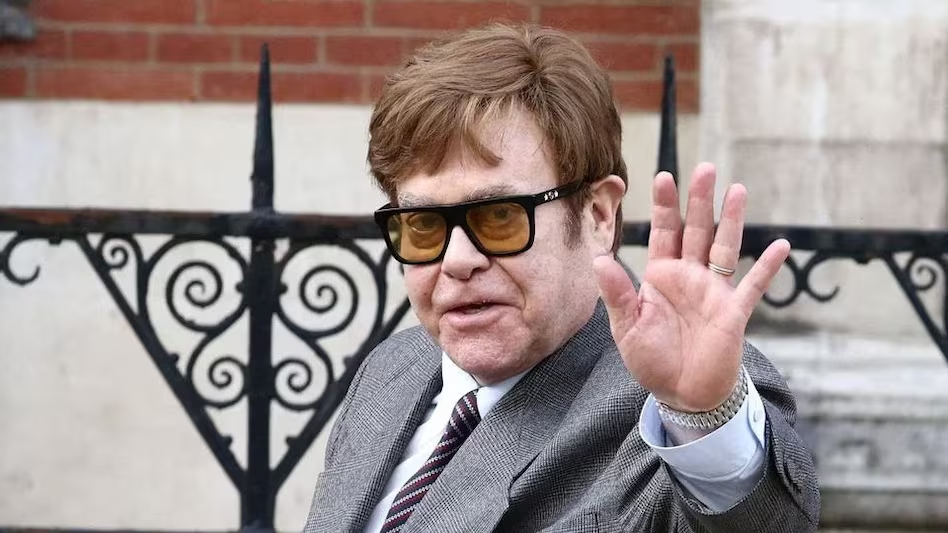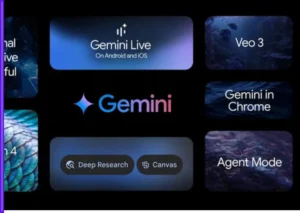Music icon Elton John has strongly denounced the UK government’s plan to ease copyright restrictions for artificial intelligence developers, calling it a “criminal” act and a betrayal of the country’s creative community. Under the proposed legislation, AI companies would be allowed to train their models using any material they can lawfully access—without needing prior permission from creators. The only recourse for artists would be to actively opt out, a mechanism many argue is insufficient and unfair.
John, a long-time advocate for artists’ rights, warned that such a move would severely harm young and emerging creators who lack the resources to monitor or challenge powerful tech corporations. “It’s criminal and I feel incredibly betrayed,” he said in an interview with the BBC. “The danger is for young artists. They haven’t got the resources to keep checking or fight big tech.”
He further criticised the essence of artificial intelligence in the creative space, stating, “A machine doesn’t have a soul, doesn’t have a heart, it doesn’t have human feeling, it doesn’t have passion. Human beings, when they create something, are doing it to bring pleasure to lots of people.”
Elton John joins a growing list of British cultural heavyweights—including Paul McCartney, Andrew Lloyd Webber, and Ed Sheeran—who are urging the government to abandon the plan. Critics argue that such legislation prioritises technological progress over artistic integrity and economic fairness.
While the government insists it is still in the consultation phase and no final decision has been made, officials claim that any final policy will only be implemented if it can be proven to benefit both creators and innovators. “We are consulting on measures, will publish an assessment on the economic impact of any move, and will not sign off on anything unless it is completely satisfied they work for creators,” a spokesperson stated.
Despite his support for Labour leader Keir Starmer, Elton John cautioned that policies like these threaten to further undermine the already fragile ecosystem of the UK’s creative industries—industries that have historically contributed significantly to the nation’s global influence and economy.
With over 300 million records sold in a six-decade-long career, John remains committed to defending the rights and livelihoods of young creatives who, he says, must be protected from exploitation in the digital age.







